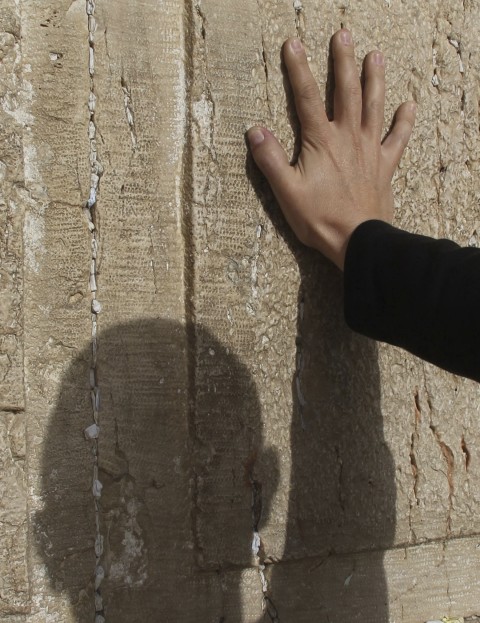Weep together

The Middle East peace talks appear to be at a dead end. At the last minute Israel reneged on a promise to release Palestinian prisoners and announced the construction of yet more housing in territory claimed by the Palestinians for a future state. The Palestinians responded by applying for membership in United Nations agencies—something both Israel and the United States have requested they not do. Each side blames the other for the failure of the peace process. Yet it does not seem that either side truly wants a resolution, even though the continuation of the status quo will lead to a disaster for both sides. In the meantime, most likely as an expression of frustration and desperation, the boycott, divestment, and sanctions movement against Israel is gaining momentum.
Recently, in the space of a few days, the editorial staff of the Century met with a Palestinian Christian leader and a Chicago rabbi who works for a major national Jewish organization. Both men are friends of mine, as well as distinguished clergy and respected leaders.
After engaging in conversation with them, I was struck once again by the conflicting narratives: how the same events in the same period of time and the same place sound entirely different depending on who’s telling the story. It’s somewhat like the American story—told one way by European settlers and their descendants and another way by Native Americans and their descendants.




